Working from home is hard, but it doesn't have to be
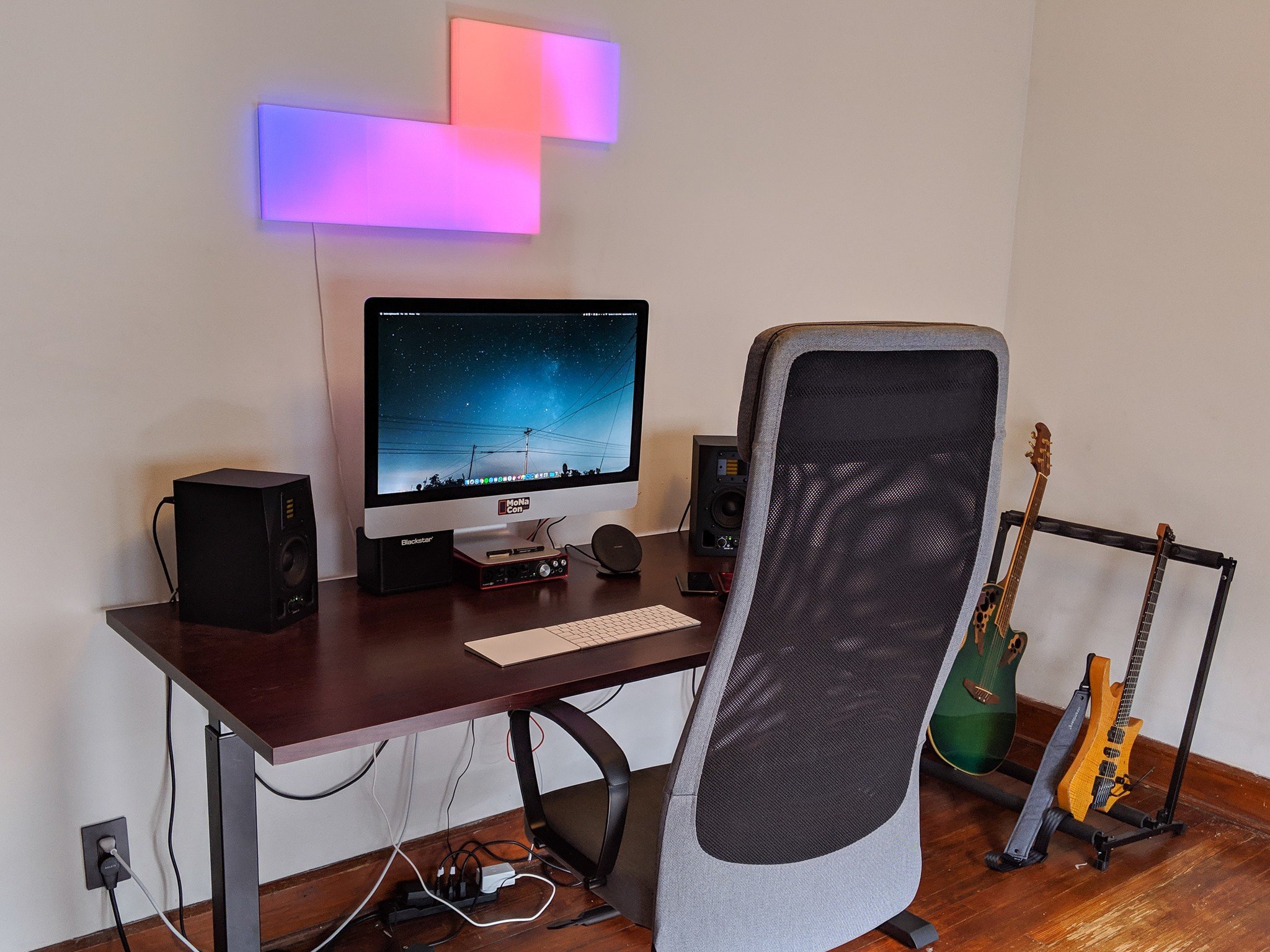
Last month, my coworkers and I all came together in Tampa, Florida for the company's second semi-regular conference, MoNaCon — you can get the condensed experience by searching for the hashtag #monacon2019 on Instagram and Twitter.
With nearly 70 employees from all parts of the globe and spanning across Mobile Nations' numerous properties (including Android Central, iMore, Windows Central, TechnoBuffalo, Thrifter, and more), it was a ton of fun, and more importantly, helped us put faces to the names we see every day in Slack and really connect as a team.
As an online company, most of us don't work out of a centralized office and rarely get to see the people we work with outside of video calls. That's great in some ways; with the exception of trade shows and press briefings, I get to work entirely from home, which allows me a ton of freedom and comfort. But as nice as it can be, that freedom can just as easily be your downfall if you struggle with staying productive — and let's be real, who doesn't?
I've been doing this kind of job for a pretty long time now, and it's taken a ton of trial and error to figure out a system that works for me. Staying productive is mostly a mental thing, and it takes all sorts of discipline and behavioral changes to get it right. Everybody works a little differently, but these are some of the strategies I've taken on over the years.
Get or create a workspace
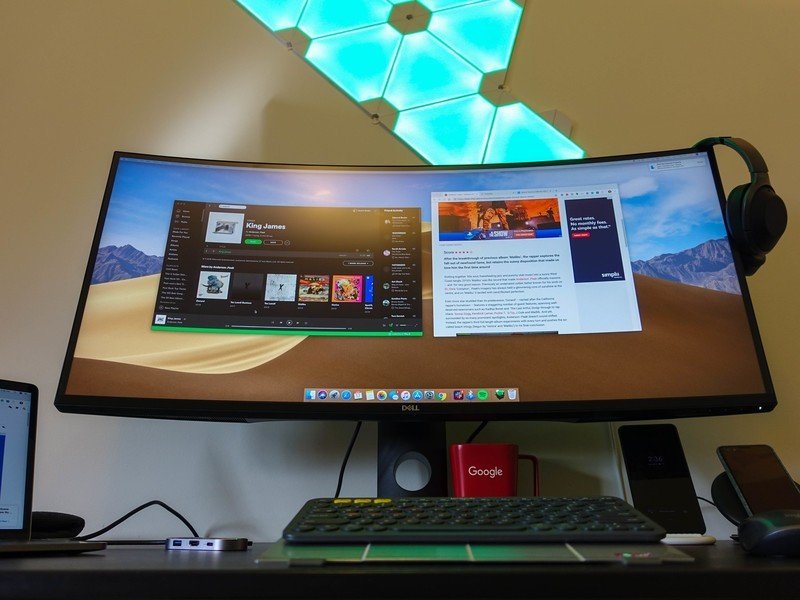
For me, the biggest and most helpful change has been designating the second bedroom in my house as a home office. This is probably obvious, but you just can't be as productive from your couch or your bed as you can at a desk. More importantly, it just helps to have some sort of separation between work and the rest of your home; there are minimal distractions in my "office" room, and I know that when I'm in the room, I'm there to work — going downstairs to the kitchen or couch is akin to taking a lunch break.
Don't beat yourself up over unproductive days. Learn from them and work to do better next time.
I bought a height-adjustable sit/stand desk last year, and while I admittedly don't stand as often as I should, it's good to get up and move around every so often. Having a comfortable chair is helpful too, since I spend so many hours at my desk throughout the week. Oh, and I don't think I could make it through a workday without music. My Adam A3X monitors are a bit overkill, but a good set of speakers for your desk is a worthwhile purchase — as is a Spotify Premium subscription.
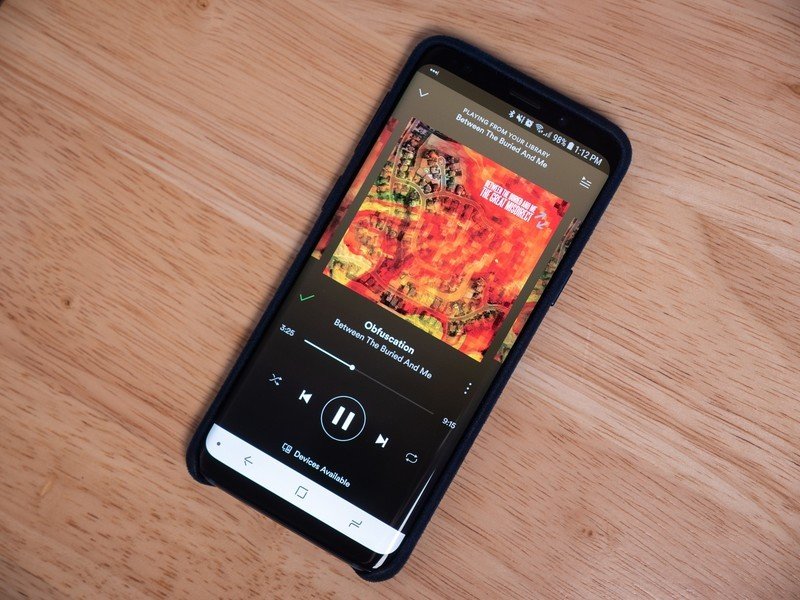
This is probably a bit excessive, but I've also found my video doorbells to be extremely helpful in my work life. Working from upstairs with music playing constantly, it's easy to miss someone knocking on the door. When I'm expecting a package, I don't have to drop my workflow to check the porch every half-hour; I can just wait until the front door camera goes off and make a quick run downstairs. Every little bit helps.
Be an expert in 5 minutes
Get the latest news from Android Central, your trusted companion in the world of Android
An important thing to add: if you don't have enough room in your home to designate an office space, you might want to look into coworking spaces from companies like WeWork. It can get pricey, usually starting in the range of about $200 a month, but you typically get benefits like free food and drinks to help offset the cost a bit, and some people simply work better in communal offices.
Lighting really helps
There have been a ton of studies over the years surrounding how different kinds of lighting can affect productivity. It's generally accepted that natural lighting is your best bet, so build out your office somewhere with lots of windows if you can — as an added bonus, you get to see the outside world while you work.
It's good to have backup lighting in case of rainy days or late night shifts, though. I've been a longtime user of smart lighting, with Wi-Fi-connected bulbs strewn all around the house. In my office, I have a few Philips Hue lights in the ceiling fixture, and I recently installed a set of LIFX Tiles behind my computer monitor.
The Tiles in particular can get crazy bright and put out all kinds of cool patterns, but I try not to go too crazy with any of it while I'm working; too much can be more of a distraction than a productivity tool. Still, it's nice to have them for some ambient lighting, and keeps me from having to just stare at a monitor in front of a plain white wall every day.
Change locations every so often
No matter what you add to your office space, though, sitting in front of the same monitor in the same room every day can quickly start to feel … stale. There's a reason you see so many people working out of coffee shops these days; if you have a laptop or some other means of getting work done remotely, get out of the house once a week and get a fresh change of scenery.
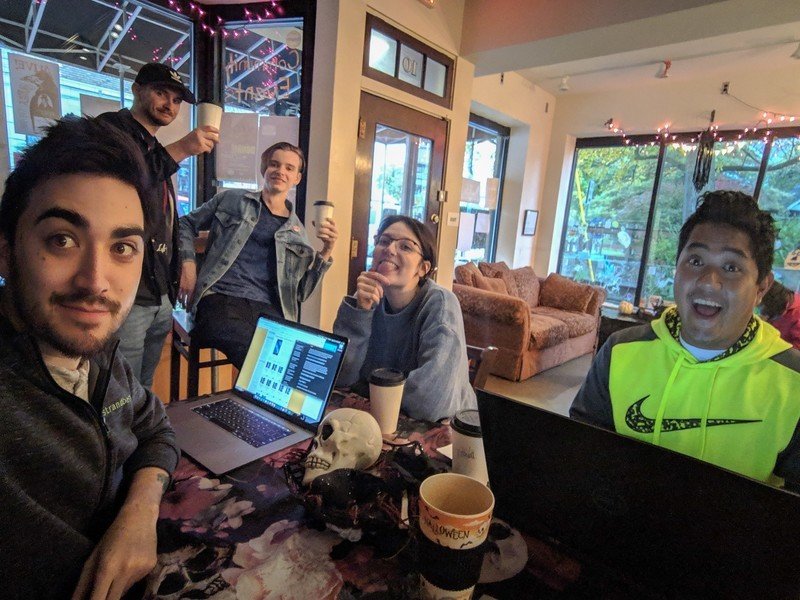
My partner worked at a local coffee shop for the last two years before it closed down, and I loved bringing my laptop in and working from the tables there. It was a great way to see her and any friends that would randomly stop by, get a constant flow of caffeine, and get my work done all at the same time. Just make sure to bring some headphones — even if you aren't listening to music, wearing headphones will keep people from bugging you when you're trying to stay productive.
As a videographer, it was also great having a different environment to film in from time to time. While you won't always have luck with the owner of a shop letting you film, it never hurts to ask — it helps when you're a regular, but you still need to be careful not to make the other customers around you uncomfortable. Just use common sense and be considerate.
Take breaks
It sounds counterproductive, but there are plenty of studies showing that taking short breaks every hour or two can be more productive than staring at your computer monitor all day. Take a short walk outside every once in a while, or maybe try learning something new during your breaks. I take 15 minutes to play guitar every so often between writing articles.
Of course, you can also stick with a more traditional strategy like an hour lunch break halfway through your shift — whatever works best for you. What's important is that you give your mind and your eyes time to rest. Staring at a screen all day isn't great for your vision, and while wearing glasses with blue light filters helps, there's no substitute for, well, not staring at a screen.
What works for you?
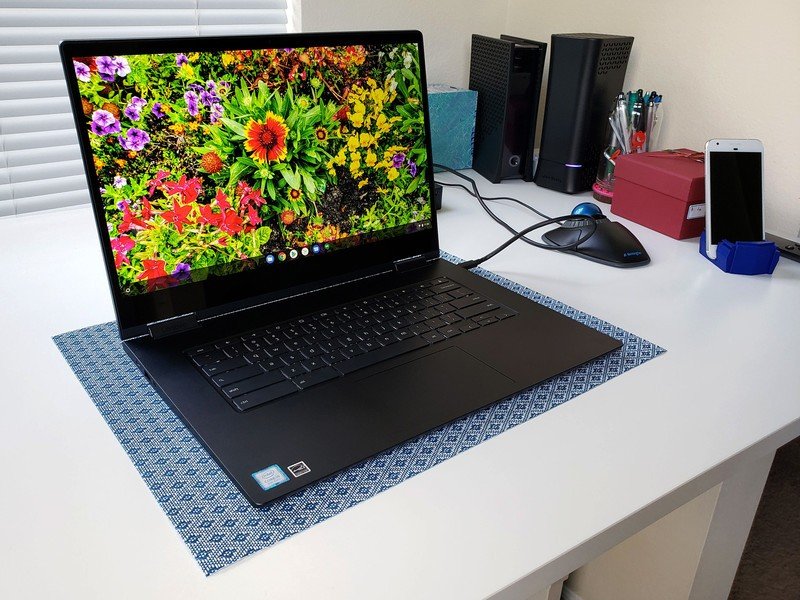
There's plenty of other strategies to stay on task, from setting personal productivity goals to apps that literally block access to non-work-related services, but the important thing is that you forgive yourself when you slip. Working from home is tough no matter how you look at it, and you will be less productive some days than others. That's okay, so long as you recognize when it's happening. Beating yourself up over it only does more harm than good.
Got any productivity hacks or success stories I should know about? Trust me, I could use them. Drop them in the comments below!
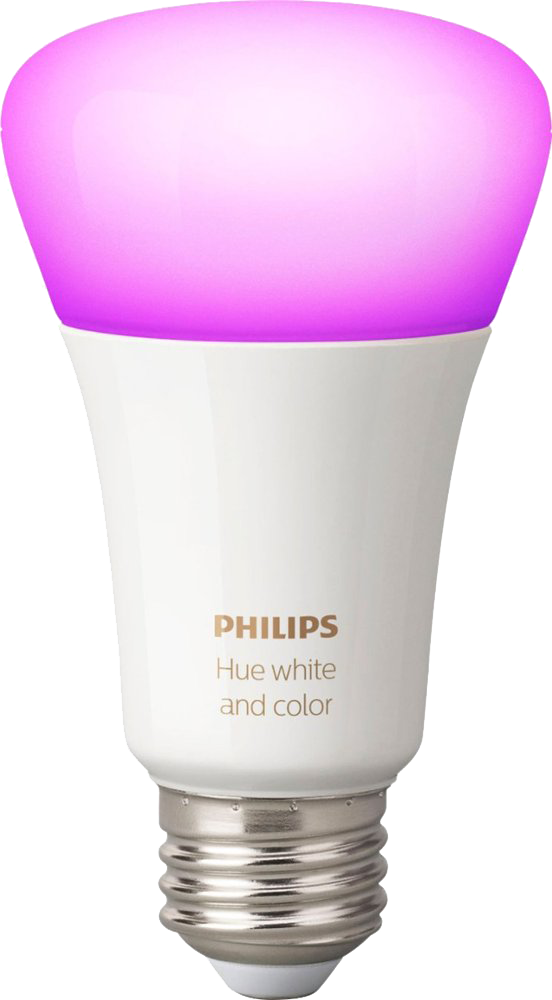
Don't work out of a dark cave.
Lighting is a subtle but important factor in your productivity. With these Philips Hue bulbs, you can set up motion sensors to automatically turn them on and off, and adjust the brightness and color temperature throughout the day.
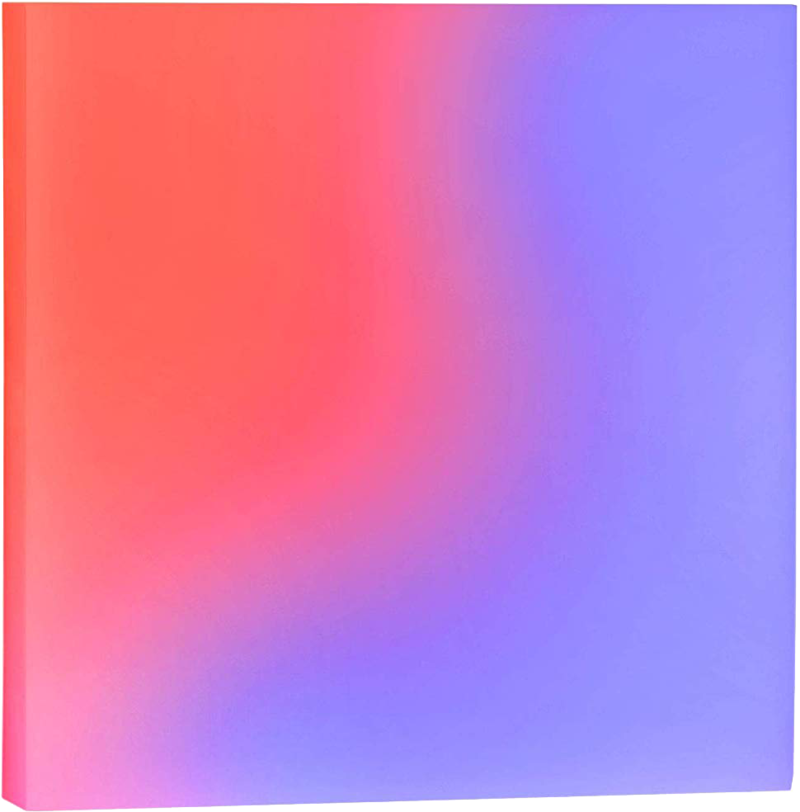
Spice up your wall with a panel of lights.
The LIFX Tiles come in packs of 3 or 5, and can be arranged any way you like. They don't require a hub to operate, and each panel has 64 zones for different colors and patterns. I love having these behind my computer.
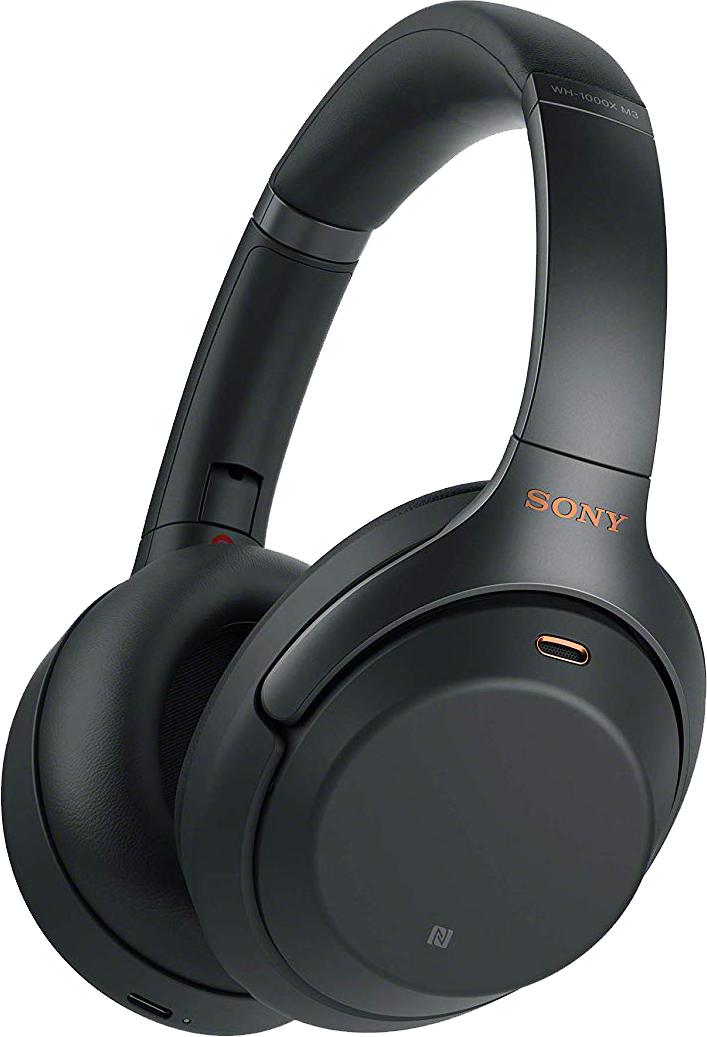
A noisy environment can be distracting. Don't let it be.
I usually listen to music on my studio monitors while I work, but for editing or more focused work, I break out my ANC headphones. They sound great, and I can block out the whole world while I work, or choose to let in certain frequencies.
Hayato was a product reviewer and video editor for Android Central.

